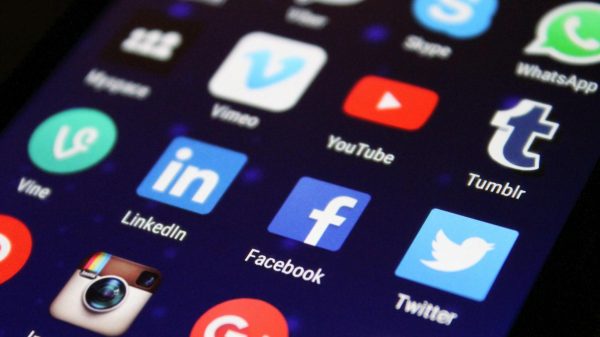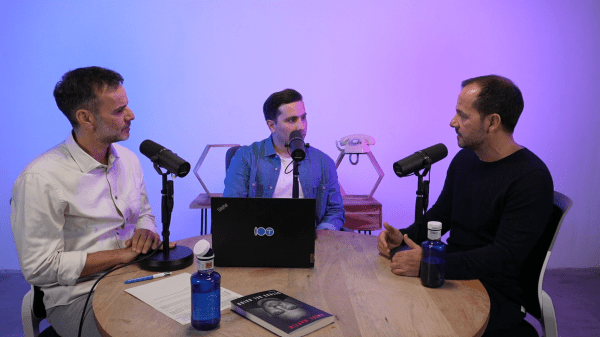We are not discovering anything new to anyone if we state, quite categorically, that they have transformed the way we communicate and interact. And while there are many positive aspects, we also find a great deal of true sticking points in this phenomenon. One of these is its effect on the concept of social pressure and group bias.
Social pressure is the influence that a group exerts on its members to conform to the norms and behaviours of that tribe. In the context of social networks, this pressure manifests itself in various ways. The doctrine of “likes”, comments and shares act as public validations, creating a new world in which group approval is above all else. Adding the point that, unlike our ancestors, it is now entirely public. This quest for validation leads to what the world of psychology identifies as conformity, where individuals adjust their opinions and actions to align with group expectations.
Group bias refers to the tendency of people to favour members of their own social group over those who are not part of it. And in social media, the leader of the pack has a name: the algorithm. Designed to display content that reinforces users’ beliefs and preferences, they are the perfect allies in creating filter bubbles; exposing people to opinions and news that confirm their own views, thus strengthening so-called group biases.
Practising critical thinking
Social media can promote conformity through visibility and constant comparison. On platforms such as Instagram or TikTok, where aesthetics and lifestyle are prominent, users may feel pressure to present an idealised image of themselves. However, it is possible to use them in a way that reflects our true preferences and beliefs. As they say, the tool is not a bad thing, it is the use we make of it that tips the balance to one side or the other. The key is to be aware of social influence and to strive to maintain our authenticity online.
This is important, because the constant need for approval and social comparison can have a direct impact on our mental health. It is important to remember that social media is not inherently harmful, but that its impact depends on how we use it. To mitigate negative effects such as anxiety and low self-esteem, it is essential to develop a healthy relationship with these platforms. This includes limiting usage time, diversifying sources of information and practising critical thinking.
To use social media in a positive way, we can follow some practical strategies: curate content by selecting and following accounts that inspire, inform and enrich us, rather than those that make us feel bad; practice authenticity by sharing content that reflects who we really are and our values, rather than trying to meet external standards; encourage critical thinking by questioning the information we consume and being aware of our own biases; and promote diversity by exposing ourselves to a variety of perspectives and experiences to broaden our view of the world.
Social pressure, according to Luis Muiño
Luis Muiño, the new protagonist of Mejor Conectados, an initiative of Telefónica, is one of the most prominent psychologists and podcasters on the national scene. With an extensive career in the field of psychology and psychotherapy, he has dedicated his career to helping people in their personal growth and in facing moments of crisis. Muiño is also a renowned communicator, known for his participation in the podcast “Entiende tu mente” (Understand your mind), together with Molo Cebrián, another of the protagonists of Mejor Conectados.
For Luis Muiño, the issue of social pressure is a central theme, which he tackles along with hyperempathy and assertiveness with a perspective focused on personal wellbeing and authenticity. According to him, social pressure is the influence exerted by the expectations of others on our actions and decisions. In the context of social networks, this pressure is magnified as we seek constant approval, which can lead us to conform to group standards.
To combat social pressure, Muiño recommends developing assertiveness, an essential skill that allows us to express our opinions and needs clearly and respectfully. Being assertive involves setting healthy boundaries and maintaining our integrity in the face of peer pressure, which includes saying “no” when necessary and standing up for our ideas with respect.
Muiño also warns about the dangers of hyper-empathy, which is when we forget our own needs and put the needs of others first. This excess of empathy can make us more vulnerable to social pressure. To avoid this, it is important to balance empathy with assertiveness, making sure that our actions reflect our own values and desires.
For there is nothing more important than learning to listen to ourselves as well as to others, and to be true to our needs and values.









